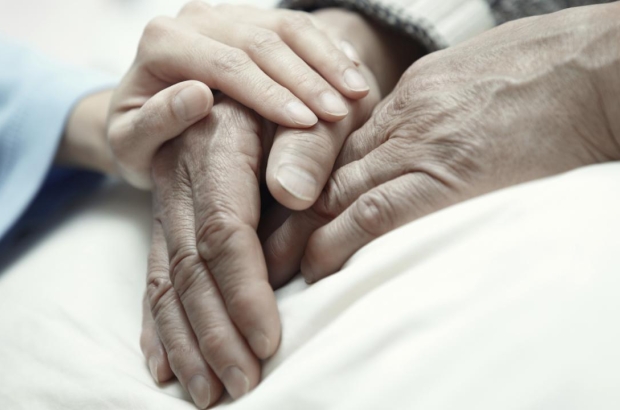- Daily & Weekly newsletters
- Buy & download The Bulletin
- Comment on our articles
Euthanasia cases up 15% in Belgium
The number of euthanasia procedures carried out in Belgium rose 15% last year, according to figures released by the Federal Commission for the Control and Evaluation of Euthanasia.
There were 3,423 cases in 2023, compared to 2,966 in 2022 and 2,699 in 2021.
Last year also saw the rare occurrence of the euthanasia of a minor, in this case a 16-year-old girl suffering from a brain tumour.
Belgium has only seen five such cases since the law extended euthanasia to children in 2014, said Jacqueline Herremans, a lawyer and co-chair of the committee.
The primary reason cited for euthanasia remains cancer: in more than half of cases (55.5%), the request was prompted by one or more tumours with no prospect of cure. However, polypathologies (23.2%) are also becoming an increasingly important factor.
Psychiatric conditions are also increasingly cited, but represent a marginal proportion of the total at just 1.4% (48 people). These cases often require a longer examination of the application, partly because natural death is not expected in the short term. The opinion of two external doctors is required.
“We’re also seeing an increase in requests from patients who do not live in Belgium,” Herremans noted. There were 110 people living abroad who came to Belgium specifically to be euthanised, mainly French nationals (101). In France, euthanasia is prohibited.
The Federal Commission for the Control and Evaluation of Euthanasia is responsible for evaluating the applications on every euthanasia carried out in Belgium, checking that all the legal conditions have been met.
If the commission suspects that an essential condition has been breached, it refers the case to the courts. This is very rare, and did not happen in 2023.
Also of note was that the majority of declarations of euthanasia submitted to the commission are in Dutch (70.8%).
These figures reflect the language of the doctor, not necessarily that of the patient. However, this still indicates that euthanasia is more common among Flemings than among the French-speaking population, although the difference is less marked than in the early days of legal euthanasia. Belgium was only the second country in the world to legalise euthanasia, in 2002, after the Netherlands.
The age group most represented was 70-79 year olds (28.6%), followed by people in their 80s (27.8%).
Some 19 cases (0.6%) in 2023 were the result of an advance declaration. In such a case, a person requests future euthanasia if he or she is suffering from a serious and incurable condition and is in an ‘irreversible state of unconsciousness’.
“In practice, the scope of the advance declaration is very restrictive,” said Herremans, adding that while the commission does not have figures for all the requests that are refused, that data would be very enlightening.
“It would be very useful to have a cross-sectional study of all end-of-life decisions,” Herremans said.



















